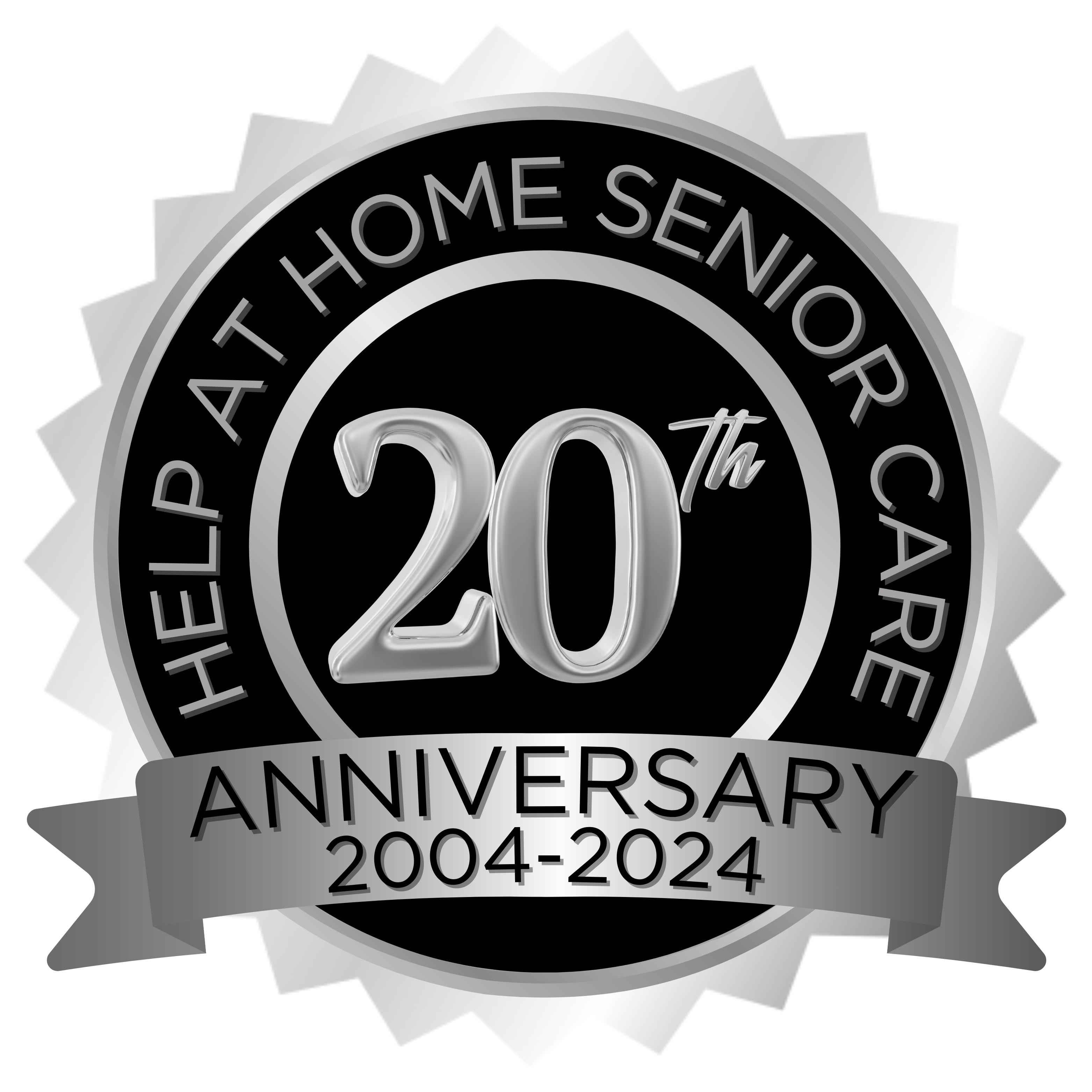The days of “take two aspirin and call me in the morning” have morphed into “take two of these…and two of these…and perhaps one of those, too!” Nearly forty percent of seniors are taking at least five different prescription medications each day – not to mention OTC meds, vitamins, and supplements. It is easy to see why there is an increased likelihood of adverse medical reactions and overmedicated seniors.
Take these steps to prevent complications from overmedicated senior loved ones:
- Make a list, and check it twice. Create a list of all of the medications – both over-the-counter and prescription – that the older adult is currently taking. Share the list with all of the older adult's healthcare providers, and supply updated lists whenever there is a change in medications. Then, at least twice a year, review the list with their primary care physician to ensure that all of the medications are essential and that current doses are ideal.
- Don’t be afraid to ask questions. Be sure you completely understand what each medication is actually for, and confirm that there are no contraindications with other medications the older adult is taking. The doctor or pharmacist can run the senior’s meds through a drug interaction database to verify. If you’re unsure about anything else pertaining to the medications prescribed, speak up. You’ll want to make sure you understand:
- Exactly when as well as how the meds must be taken (for example, with a full glass of water, on a full stomach, if they should be crushed or broken in half, etc.)
- What the potential side effects can be
- What to do if a dose is missed
- Whether a generic version is available
- And any other questions you might have
- Set up a system. As soon as you’ve confirmed that all of the older adult's medications are essential and you have the details you need to ensure they’re taken correctly, create a system for following physicians' orders. Depending on the senior’s cognitive functioning, this may be as simple as a pill box that is filled weekly. Or, you may want to count on the services of a home care provider, like Help at Home Senior Care, for medication reminders.
It is also vital to remember that a doctor should always be consulted before beginning or changing any medications, including vitamins or over-the-counter meds. Some prescription medications belong to the same drug category as OTC meds and could lead to an excessive amount of a medication being administered. In other cases, OTC medications or vitamins interact negatively with prescriptions.
We are always available to help seniors continue to be healthy and safe. Email or call us at (530) 885-7444 for more information on our in-home care in Roseville, CA and nearby areas. For a full list of all of the communities where we provide care, please visit our Service Area page.
